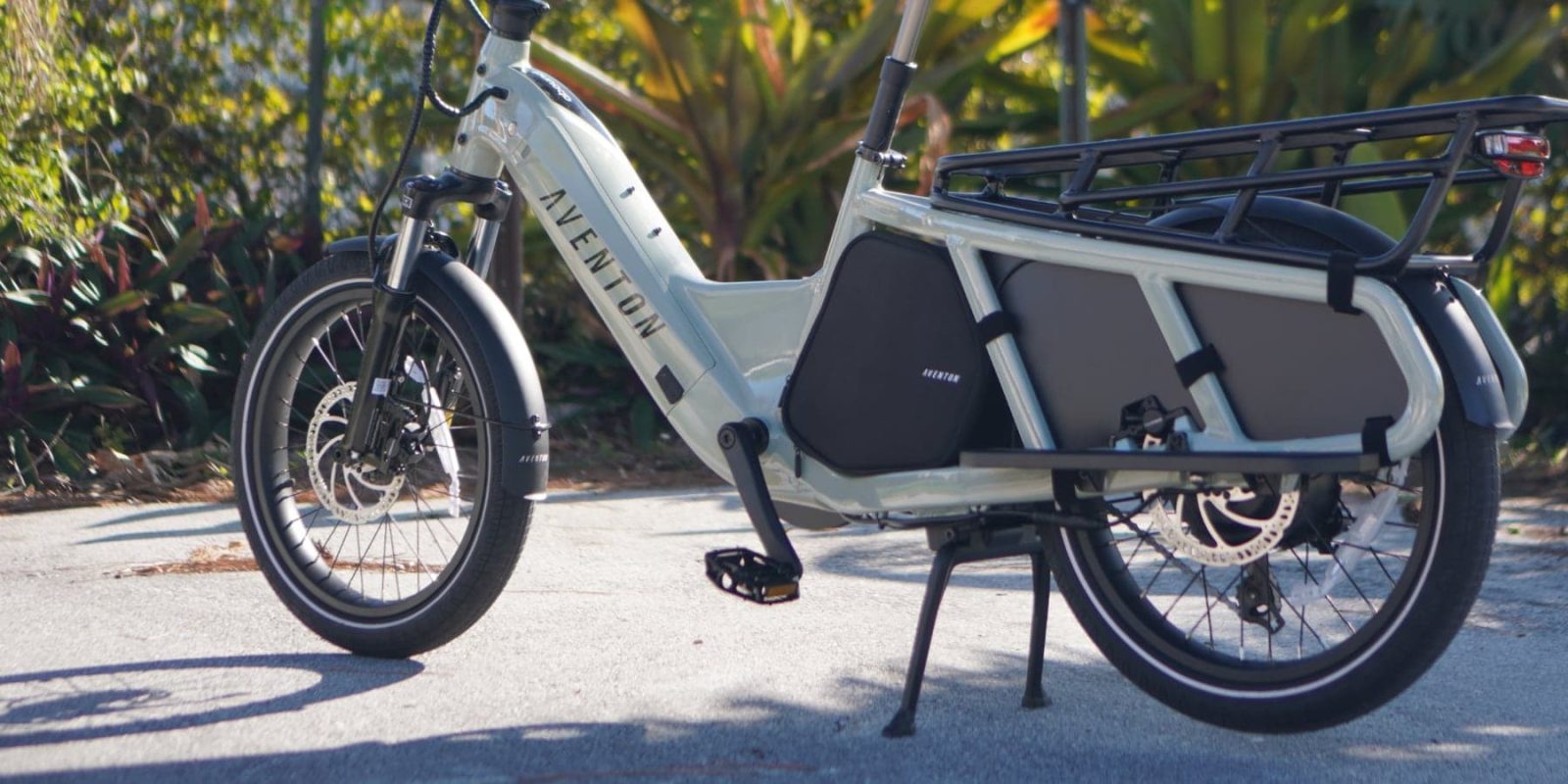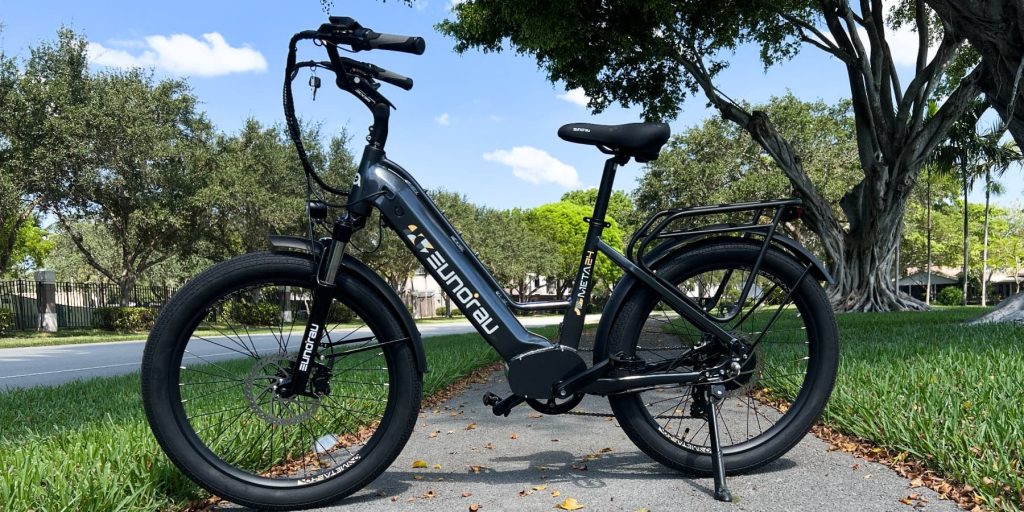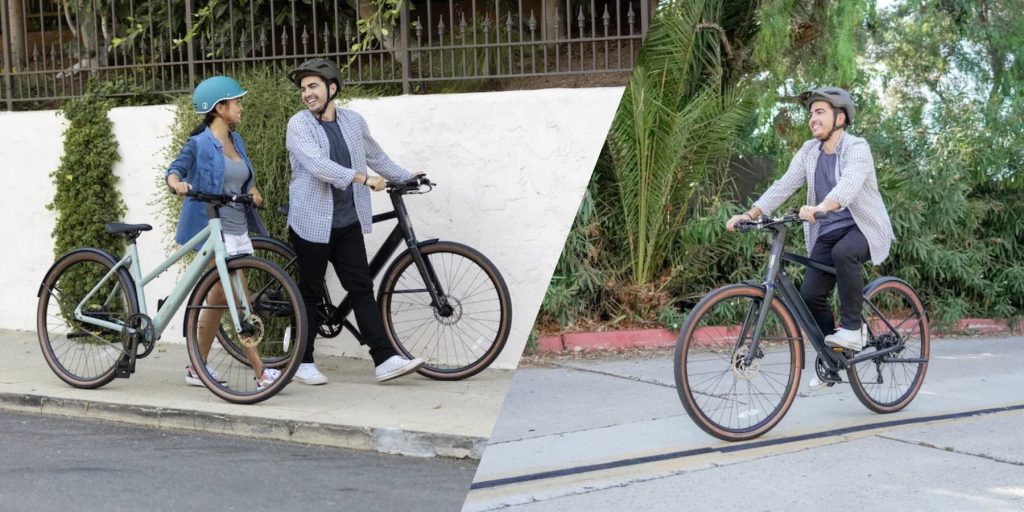
In what couldn’t have been more on-the-nose timing, a group of local California newspapers published an editorial on Christmas Eve calling for the end of a generous $2,000 voucher program intended to help low-income Californians afford electric bicycles for transportation.
The editorial was provided by the Southern California News Group, a collection of California newspapers owned by the hedge fund Alden Global Capital.
In it, the writers air a number of grievances against the program, which recently closed its first round of applications intended to provide around 1,500 e-bike vouchers of between US $1,750 to $2,000 each. The vouchers can be used to offset the price of electric bicycles and associated gear such as protective equipment, locks, etc.
The first complaint in the op-ed is that the total number of vouchers provided in the first round was relatively small compared to the large size of the California e-bike market. However, instead of suggesting that the budget be increased to help more Californians achieve transportation independence, as we called for recently, the editorial takes the opposite position of suggesting that the program simply be canceled.

Next, the writers bemoan an increase in electric bicycle and electric scooter accidents in recent years, suggesting that this should be weighed against the benefits of helping more Californians afford such vehicles.
However, the argument seems to conveniently overlook the fact that the vast majority of such accidents aren’t caused by e-bike riders, but rather those riders are in fact usually the victims. The actual danger to safety on roads is vehicular traffic, i.e. cars and trucks.
Furthermore, many studies have shown that in crashes caused by e-bike riders, such as when an e-bike rider hits another cyclist or pedestrian, the injuries are on average considerably lighter and more recoverable than in car-related crashes.
If the goal was to protect Californians, then instead of firmly clutching their pearls, perhaps the editorial writers should have urged a reduction in the use of cars and trucks, not a reduction in e-bike vouchers.
Top comment by Leonard Bates
The common theme running through all the drama in the US now and over the last few years is money. Specifically billionaires scraping even more money into their vast holdings. All aspects of our lives - housing, media, politics, employment, health insurance, the cost of everything, etc. are "in play" for the oligarchs. All forms of influence from social media to traditional media are now spun in some ways by monied interests and this is a great example of how formally independent newspapers are simply fronts for hedge fund seeking to undercut the most needy members of our society. Maybe they can get Elon Musk to roll up in an armored Cybertruck and tear up their vouchers.
The op-ed even goes on to lament the number of children riding electric bicycles in California, though admits further on that children aren’t eligible to receive vouchers as part of California’s e-bike incentive program.

Electrek’s Take
California’s e-bike incentive program is certainly far from perfect. We even discussed many of its shortcomings last week. But the program’s essence is to do a good thing—using public tax money to benefit the public. The solution should be to improve the program, not to remove it. And the simple fact of the matter is that most people who are vehemently against the program are those who don’t directly benefit from it, even if they fail to realize that they will ultimately indirectly benefit.
Electric bicycles are one of the most cost-effective ways to provide transportation independence to marginalized and low-income groups. But it’s more than just that. They’re also the best way to get people out of cars and reduce traffic for everyone. Even ignoring the long-term environmental effects related to reducing the impacts of climate change, e-bikes are uniquely capable of making a larger impact on air quality today by helping to remove sources of emissions from a vehicle’s production all the way through its lifetime use and even to its eventual disposal/recycling. When someone rides an e-bike instead of taking a car, taxi, or bus, everyone’s lungs benefit.
Sure, the California program isn’t perfect. But if a media group owned by a wealthy hedgefund and catering to a well-to-do readership doesn’t like it, then that means it’s probably doing something helpful to people who actually need it. That’s the kind of world I want to live in, at least for as long as it’s still liveable.
FTC: We use income earning auto affiliate links. More.






Comments